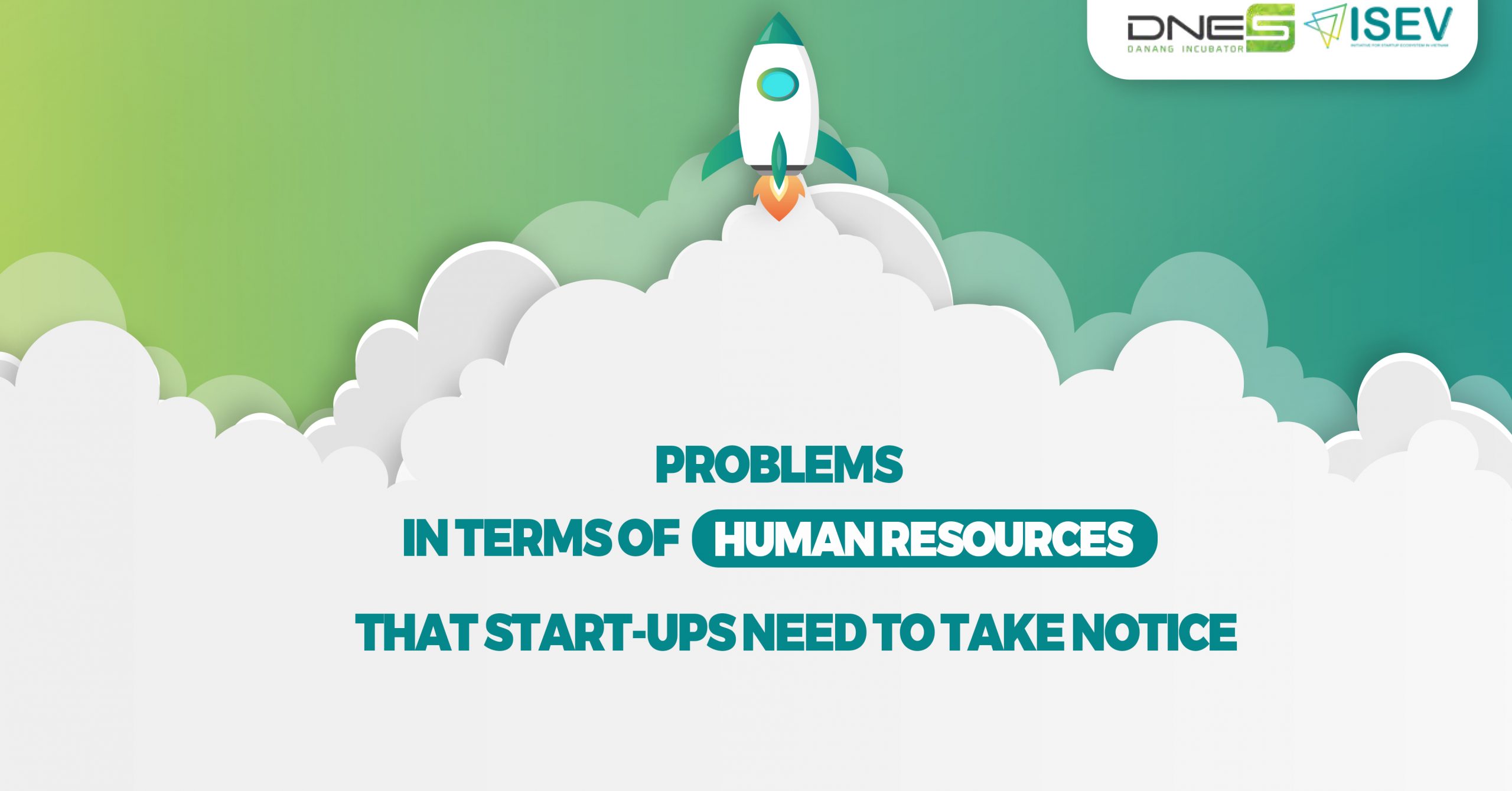Start-up is an arduous journey yet having memorable experiences, on this journey, mistakes are inevitability. Indeed, there are no successful ones who have not made mistakes, but the most important thing is that they recognize ways to tackle them and get learning points after failures. Consequently, in the very first lesson of the start-up lessons series, our expert listed 5 typical mistakes faced by start-ups, thereby helping you stay away from those common mistakes.
-
Mistake 1: Startup due to bandwagon effect
Emerging as a phenomenon, crowd-based startup is the most common type of false startup when starting a business. The magical stories of successful startups in the world as well as in Vietnam in the press are often the main motivation for young people to embark on the path of starting up. In fact, there are a lot of young founders who start-up but really do not know what they want. And it is not scarce that there are those who always cherish a dream of having their own brand just to satisfy their ego and assert themselves rather than bring new value to society. This is the most common mistake when starting a business.
In order not to get involved in start-up movement, future entrepreneurs ought to reflect on their personal strengths and weaknesses, and thoroughly understand the levels of their skills. In addition, getting hands-on jobs to absorb start-up experiences from leaders, learning about a company’s operation are meant to minimize failure scenarios of start-ups.
Based on this mistake, the DNES Incubator itself also has lessons and lessons learned when selecting start-up projects. For projects that are still in the "Early Stages", human factors and the founder – who must have the basic background of knowledge, competence, qualifications and experience – are the priority criteria that are highly appreciated.
-
Mistake 2: You have not carried out market research effectively
Entering a market means you are joining a playground whose appearance seems very chaotic, and complicated (people often compare "the market to the battlefield") but underneath that, it always operates according to the rules, the general game and there are fierce competitors. Consequently, founders need to carefully research and analyze the market, understand regulations, barriers and get to know competitors by reliable data. Thereby, businesses can identify the strengths, direction, size, location of the company and its form of bringing products to market. Don't always have the mindset: "Just do it!" Let's do only if we understand the game to avoid the risks of a failed startup.
-
Mistake 3: The target customer is not clearly defined
Each customer has their own characteristics, needs and affordability. If the business tries to serve all customer groups from the beginning, its product will become a generic product, and no one will be satisfied to pay for it. Therefore, let’s choose your target audience carefully. They are the people whom you know best, have the most opportunities to approach and convince. Then, research and dig deep into the problem of your customer segment, and focus on solving that problem. Customers are only willing to pay when their problem is solved.
-
Mistake 4: There is no special advantage
In business generally or in startups particularly, building a Unique Selling Point for businesses is extremely crucial. The point of difference helps businesses stand out in the market and attract the attention of potential customers.
The difference here can be in the product, service, or the way you do business which is to bring that product, service to your target customers. One is that you have a further better product than other products, the other is that the product must have its own characteristics that no other product or service has. Some hints of difference include novelty, efficiency, differences in price, availability of products, and differences in design, brand or add-up services.
-
Mistake 5: Founders do not anticipate arising risks
There are many reasons why founders don't anticipate the risks that arise. Common reasons can be mentioned: founders have not deeply explored the field of the business; subjective even stubborn founders who believe in their own insights and experiences that in fact are no longer true. This is very dangerous because when you start up, you cannot have all the resources to solve the crises that suddenly emerge.
Therefore, starting up needs to have a specific plan to orient and cover pivotal issues in business operation, which ensures not to forget about likely risks, especially in terms of finance and human resources.
There are 5 typical mistakes above when starting a business that founders need to avoid. Most importantly, before you start seriously thinking about starting up, you should meet and directly interact with your target customers, experience in startup ecosystem environments, connect with experts, and consult with experienced people to acquire more useful knowledge from their predecessors’ sharing. In addition, taking courses to improve your skills and psychological stability is also a good stepping stone for your entrepreneurial journey in the future..
In order to further understand 5 common mistakes when beginning a business, please watch the lesson video below.




